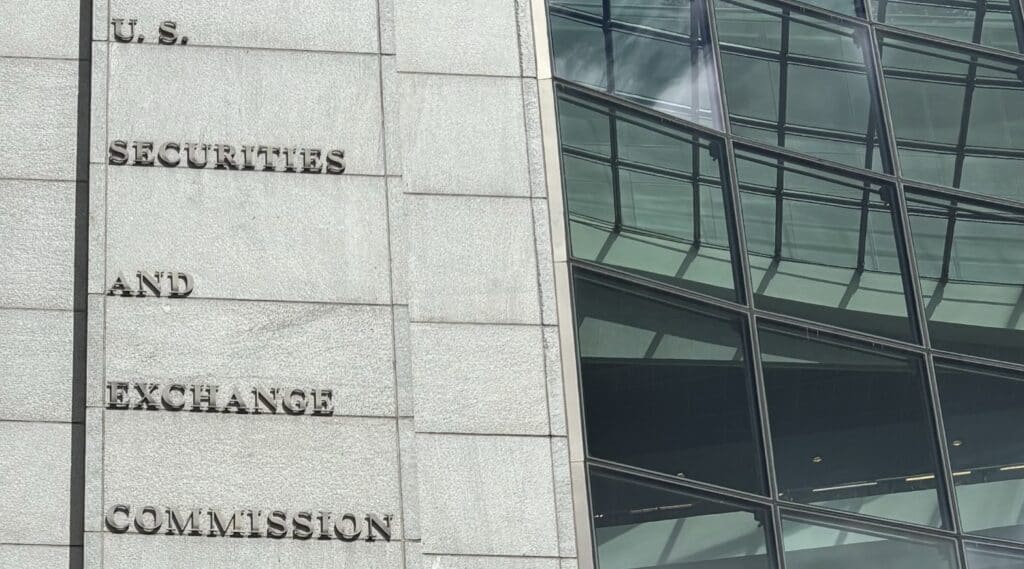Amicus Briefs
Black v. SEC and FINRA
CASE SUMMARY
NCLA asked the U.S. Fourth Circuit Court of Appeals to set aside SEC’s partial affirmance of a sanction FINRA illegally imposed on a North Carolina securities firm and its principal owner, Frank Black. FINRA investigates, prosecutes, and punishes hundreds of securities firms and brokers every year for alleged violations of federal securities laws and rules, without meaningful supervision by any presidentially appointed U.S. government officer.
FINRA is a nominally private non-profit corporation regulating the securities brokerage industry, subject to SEC oversight. It wields vast legislative, executive, and adjudicatory powers over more than 600,000 individual brokers and thousands of broker-dealer firms nationwide. In a typical year FINRA bars hundreds of brokers from the securities industry and imposes tens of millions of dollars in aggregate fines against industry participants. FINRA claims it is not a “state actor”—leaving it unbound by most constitutional restraints when it investigates, prosecutes, and punishes alleged wrongdoers. But when private actors wield substantial executive power ordinarily performed by government officials, as FINRA does, Article II of the Constitution and the so-called private nondelegation doctrine demand pervasive governmental supervision and oversight.
That oversight and supervision is woefully lacking during FINRA enforcement investigations and disciplinary proceedings. SEC provides virtually no real-time supervision or direction of FINRA’s law enforcement activities. Indeed, in most cases, SEC commissioners are oblivious to FINRA’s investigatory and prosecutorial activities, even as those activities routinely threaten fines and other career-altering sanctions against American citizens. FINRA cannot evade the Constitution’s appointment, removal, due process, and jury trial requirements by claiming to be a mere private actor, while simultaneously wielding vast, unsupervised governmental power. If FINRA insists on being treated as a purely private actor, its unsupervised investigation, prosecution, and punishment of Mr. Black and his firm were blatantly unconstitutional and its resulting FINRA sanctions should be cancelled.
OUR TEAM
RELEVANT MATERIALS
NCLA FILINGS
PRESS RELEASES
NCLA Amicus Brief Asks Fourth Circuit to Nix FINRA’s Unlawful ‘Private’ Enforcement Sanctions
April 22, 2024 | Read More

